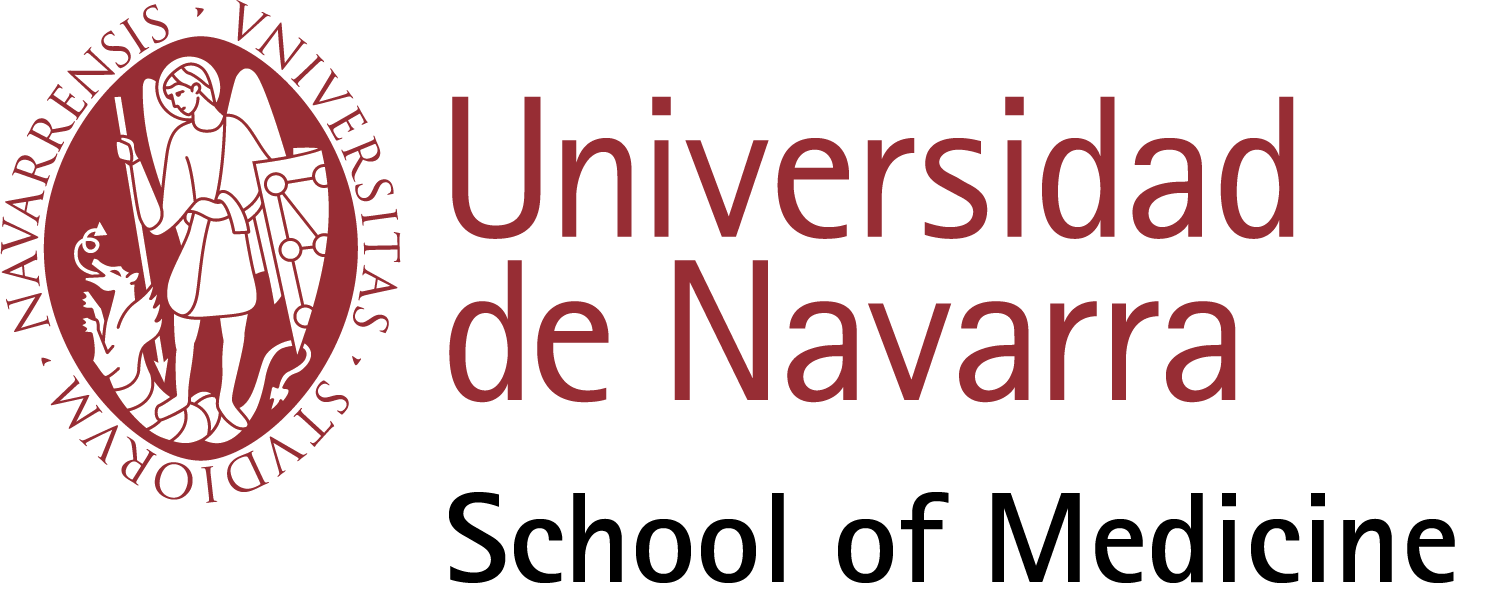Nutrigenomics is defined as the study of food effects on gene expression. Starting from a deep dissection of the interaction between nutrients and the genome at molecular level, nutrigenomics shows the potential impact of a dietary pattern or food items on human health.
Traditionally, the beneficial properties of extra-virgin olive oil have been attributed to its high monounsaturated fatty acid content, that account for up to 80% of its total lipid composition. However, recently cumulative evidences have shown that the minor components of extra-virgin olive oil have, as phenolic compounds and other compounds with antioxidant characteristics, may also contribute to its healthy features.
Nutrigenomic studies describing a sustained consumption of extra-virgin olive oil with a high polyphenol content are able to modulate pathways related to inflammation, oxidative stress, and lipid metabolism as compared to olive oil containing low polyphenol content. Therefore, the consumption of extra-virgin olive oil have rich in phenolic compounds has been linked to the promotion of antioxidant and anti-inflammatory responses, that collectively attenuate the progression of chronic illness.
Source: De Santis S, Cariello M, Piccinin E, Sabbà C, Moschetta A. Extra Virgin Olive Oil: Lesson from Nutrigenomics. Nutrients 2019;11.



Recent Comments